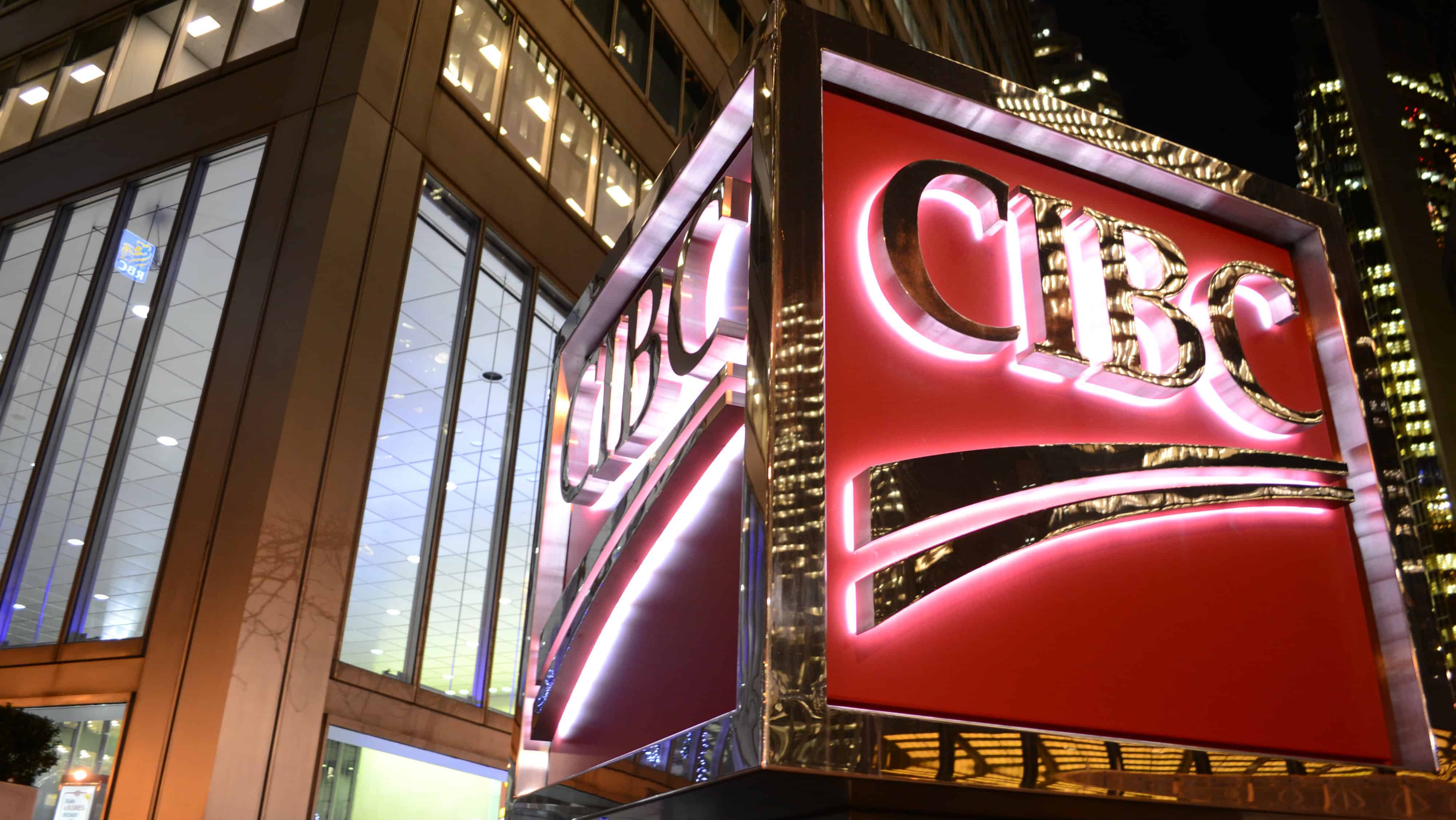Canadian Imperial Bank of Commerce (TSX:CM)(NYSE:CM) has historically traded at a discount to its peers in the Big Five because of its higher-risk profile and its growing portfolio of Canadian mortgages. The general public seems to be quite fearful when it comes to Canadian mortgage growth in today’s environment, but I believe it’s a huge mistake for investors to shun CIBC just because of contrarian stance on Canadian mortgages.
Many pundits agree that the Canadian housing market is overheated, and some of the more bearish experts out there, such as Steve Eisman, an investor famous for betting against CDOs during the Financial Crisis, think that the Canadian housing market is “ripe” for a “severe housing correction,” and that CIBC would be hit the hardest.
Mortgage growth is scaring many investors
The management team at CIBC is taking a contrarian stance by ramping up on mortgage growth, a segment which many investors have been actively trying to avoid. Sure, the Canadian housing market is frothy, and the probability of a correction is quite high, but that doesn’t mean you should be avoiding high-quality banks that have considerable amounts of exposure to Canadian housing. Everyone has been fearful over a potential housing meltdown for over a year now, and this has dampened CIBC’s performance relative to many of its peers.
Investor’s worst fears may already be baked in to the share price
CIBC is a dirt-cheap stock right now, and as the Canadian banks start to rebound, I believe CIBC will surge as well despite the huge amount of investor pessimism over CIBC’s stance on mortgage growth. All the fears are likely already baked in to the stock price, and if the much-anticipated housing correction isn’t as violent as many of us believe, then CIBC could actually be a steal at current valuations.
I think that the fears are way overblown, and that shares of CIBC are priced assuming a housing correction would severely impact earnings at some point in the future. Mr. Eisman, like many investors, seems to think that CIBC will take a major hit from its domestic mortgage exposure, but he wouldn’t go as far as to say that CIBC would be at risk of “death and destruction.”
Many investors are probably expecting a housing collapse and a huge pullback in shares of CIBC, but, in reality, a gradual cool-down of the housing market is a more likely scenario, which would make CIBC one of the cheapest blue-chip stocks out there today. Even if the Canadian housing market collapsed, investors have already been expecting it for months, and the expected decline would probably be much milder when compared to the plunge experienced during the Financial Crisis.
Bottom line
CIBC has historically been that “geographically undiversified, lower-quality bank” of the Big Five and has typically traded at much lower multiples. Recent mortgage growth has widened the valuation gap between CIBC and its peers; however, going forward, I believe CIBC’s excessive discount will gradually fade, since the bank has made significant long-term improvements with its PrivateBancorp acquisition and smaller complementing tuck-in wealth acquisitions.
If you’re not convinced that housing will collapse, then CIBC is a must-buy for its bountiful 4.63% dividend yield, which is expected to grow by a huge amount over the next five years.
Stay smart. Stay hungry. Stay Foolish.








